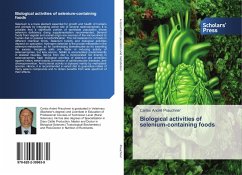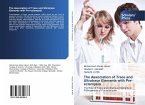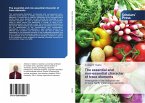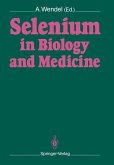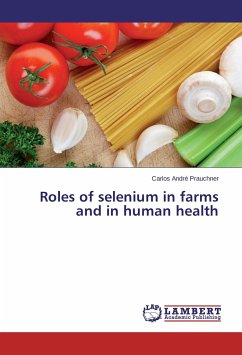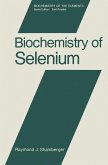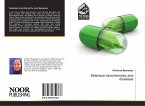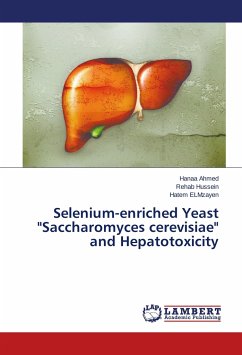Selenium is a trace element essential for growth and health of humans and animals by integrating active site of several selenoenzymes. It is possible that a significant portion of worldwide population shows selenium deficiency doing supplementation recommended. Several foods from vegetal and animal origin are sources of the micronutrient to human diet or passive to biofortification. The microelement is in foods in different chemical forms. Selenium toxicity and biological activities depend on speciation. Hydrogen selenide is the pivotal metabolite in the selenium metabolism, as for synthesizing biomolecules as for excreting the excess. Inorganic salts are faster in inducing activity of selenoenzymes, but less secure. SeMet is accumulated predominantly in skeletal muscles. SeCys from diet is incorporated not directly in selenoenzymes. Main biological activities of selenium are protection against heavy metal toxicity, prevention of cardiovascular diseases, and chemoprevention. Anti-tumoral activity is diplayed mainly by methylated species. Hence, it is recommended a varied diet to guarantee intake of many seleno compounds and to obtain benefits from wide spectrum of their effects.
Bitte wählen Sie Ihr Anliegen aus.
Rechnungen
Retourenschein anfordern
Bestellstatus
Storno

